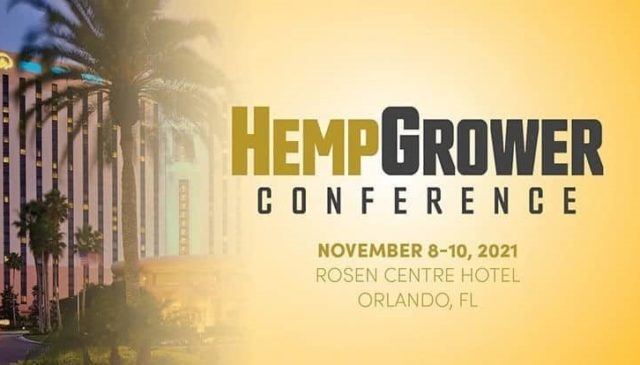
Galloway, N.J., April 1, 2021 – PRESS RELEASE – A new Cannabis and Hemp Research Institute at Stockton University (CHRIS) will provide education, research and resources for the local and national market.
The new institute builds on the Cannabis Studies academic programs at Stockton to develop research focusing on hemp cultivation practices, non-medical cannabis research, lab testing and the creation of hemp and cannabis educational materials.
“As the first university in New Jersey to offer a Cannabis Studies minor in 2019, Stockton is poised to do important research into areas that can provide opportunities for our students and emerging industries, and enhance the economy of the state,” said Professor of Biology Ekaterina Sedia, coordinator of the Cannabis Studies minor.
Robert Mejia, an adjunct professor of Cannabis Studies at Stockton, said the institute will host educational and career fairs and help set the standard for hemp and cannabis education in New Jersey and the nation.
Initially, the CHRIS testing lab’s focal point will be to provide testing services to hemp growers, processors and finished product manufacturers. Although New Jersey was the third state to institute guidelines for hemp cultivation, the state’s hemp industry is barely in the beginning stages.
Opportunities to create a whole host of environmentally friendly hemp consumer products, including building materials, food, and ethanol and plastic replacements will lead to a more sustainable future, Mejia said.
“Hemp was an important part of America’s past and we’d like to make it an important part of America’s future,” Mejia said. “We used to know how to grow and process hemp, but because of cannabis prohibition, we have to learn all over again. As we learn, we will be sharing these valuable lessons with our community and the nation.”
In addition to hemp testing, CHRIS plans to grow hemp in Stockton fields and greenhouse and host educational events.
Another goal is working with community partners to provide education, training and employment opportunities for the post-prison population.
“We see this as a way to engage with our local community and to help those harmed by the war on drugs,” Mejia said.
The new institute’s first event will be a virtual Cannabis Curriculum Convening on April 21 and 22, which will bring together cannabis educators across the nation to exchange ideas, network and discuss strategies to enhance cannabis education in higher education.
“There is so much public confusion about cannabis and hemp and the topic affects so many different areas,” Sedia said. “Through our research and education, we want to be a leader both in academia, and in assisting businesses and local communities as the industry grows.”
Themes for the convening include cannabis curricula in science, cultivation, law, medicine and social justice.
More information about the institute and the curriculum convening are at stockton.edu/chris.
